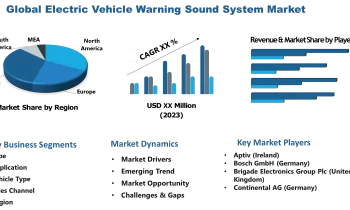The fragile economic recovery of the EU appeared that little bit more vulnerable today after a raft of disappointing service industry data releases.
Whilst in the US, the services industry activity increased in September, the Eurozone posted a different story. In the US, The Institute for Supply Management (ISM) reported on Monday that its non-manufacturing activity index increased to a reading of 57.8 in September, up from the 56.9 reading recorded in August. September’s increase puts the index the 57.3 level recorded in February, pre-coronavirus days.
France
The Data compiler IHS Markit reported on Monday that its purchasing managers index, which covers the services and manufacturing sectors, dropped to 48.5 in September. This figure was down from the 51.6 recorded in August, unchanged from a preliminary reading.
Readings above 50 indicate an economy in growth, whist under 50 indicate an economy in contraction.
Spain
Despite a recent surge in jobs growth in Spain, its service sector activity contracted again last month.
The Markit’s Purchasing Managers’ Index (PMI) of services companies, representing around half of Spain’s economic output, dropped to 42.4 in September, down from the 47.7 recorded in August.
Germany
In the engine room of the EU project, Germany’s economic recovery stays on track. However, the IHS Markit’s final services Purchasing Managers’ Index (PMI) dropped to 50.6 in September from the 52.5 recorded in August.
It is the third consecutive month that there have been readings above 50. This indicates Germany is on course to post a strong Q3
COVID Affecting Recovery
As uncertainty reigns in most of Europe, the effect of the coronavirus pandemic is hitting European economies. In general, increases in production and exports bolstered the Eurozone economy enough that recovery is still on track.
However, the continuing decline in the services industry is an area that could derail any EU recovery.



